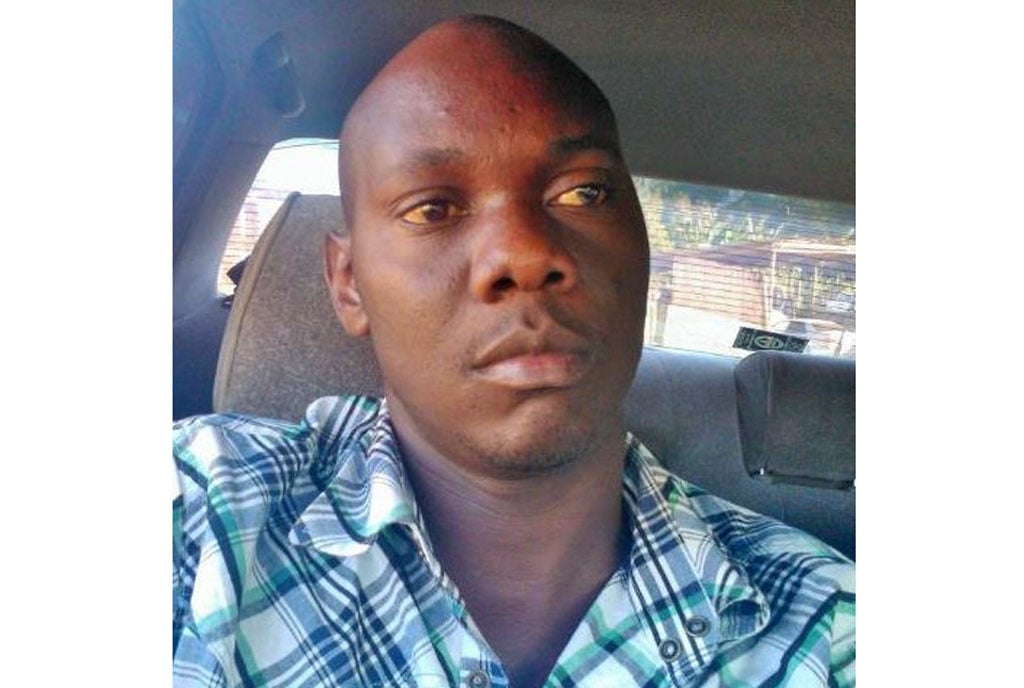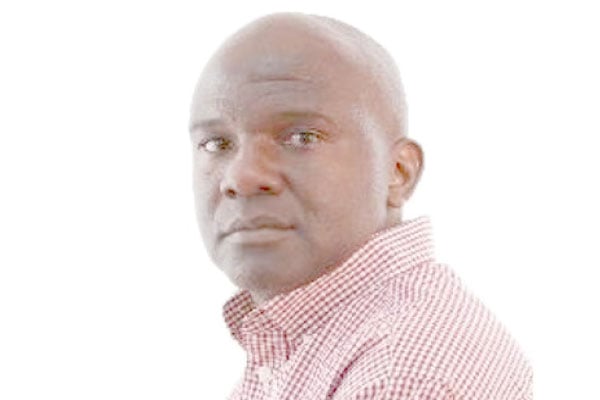Prime
Inside Buganda’s grand coffee plans

Buganda Katikkiro Charles Peter Mayiga examines a coffee plant in Lwengo District early this week. PHOTO / JAMES KABENGWA
What you need to know:
- Mengo has moved to use Mwanyi Terimba Limited—a company affiliated to it—to “start coffee trade, roasting and exporting coffee.”
Buganda Kingdom has made clear its intentions to venture into coffee processing nearly three months after Parliament red-flagged the government’s plans to do the same through Uganda Vinci Coffee Company.
Mengo has moved to use Mwanyi Terimba Limited—a company affiliated to it—to “start coffee trade, roasting and exporting coffee.”
The kingdom’s Katikkiro (prime minister), Mr Charles Peter Mayiga—in an August 11 Twitter thread—also told farmers that they will “be assured of a market for their coffee.”
The development has put Mwanyi Terimba Limited squarely in the limelight. The ownership of the entity has been shrouded in mystery. An investigation by Saturday Monitor has revealed that the company is run by two directors—Mr Twaha Mukasa, 36, and Ms Babra Victoria, 50. Both directors were appointed on October 23, 2019, according to official documents.
Saturday Monitor also discovered that Mwanyi Terimba Limited does not have a company secretary. Or at least at first glance. A search with Uganda Registration Services Bureau (URSB) also reveals that the company does not have a memorandum and articles of association. It was, we’ve confirmed, incorporated on March 11, 2020 with a proposed share capital of Shs300m. There are, however, no official details about the distribution of the shares and—perhaps more importantly—the faces behind the ownership of the same.
Mwanyi Terimba status
Mr Stephen Baryevuga, the URSB spokesperson, told Saturday Monitor that it is a must for every company at registration to have a name reservation, memorandum and articles of association, as well as statement of nominal capital, among others.
“No company can be registered without memorandum and articles of association, which are scanned and saved as a copy on the system. These are on file, but are not shared at the point of search,” Mr Baryevuga said.
Mr Chris Bwanika, the kingdom’s attorney general, was quick to allay any fears. He told Saturday Monitor that Mwanyi Terimba Limited has in its possession a certificate that indicates that it complied with all requirements.
‘’The company is in good standing and I have all the required certified copies. We have a problem with many of our companies that when you search, some documents are not shown,” he said, adding, “This is a complaint we have and the URSB team visited and assured us it would rectify this. The problem is with URSB and not on our side,” he said.
Mwanyi Terimba Limited is among the various companies that Buganda Investments and Commercial Undertakings Limited (BICUL) subscribes to. Saturday Monitor was unable to verify whether BICUL—a holding company of the Kingdom—owns all the shares in Mwanyi Terimba Limited.
Development programmes
BICUL’s mission that is broadly thought “to create value from the kingdom’s vast resources”, however, is clear. In official documents obtained from URSB, BICUL further reveals its broad objective is aimed, among others, “at generating revenue from engagement in viable appropriate investment and commercial undertakings for financing or co-financing of Buganda’s economic, social and cultural developmental programmes.”
BICUL, according to the documents filed at URSB, is “involved in production of goods and services and preservation of culture for the benefit of the kingdom.”
Founded on June 19, 1995, three years after the coronation of Kabaka Ronald Muwenda Mutebi II, BICUL’s share capital at the time of registration was Shs20m. This was divided into 100 each, translating into a value of Shs200,000. The Kabaka is the mass shareholder with a 50 percent stake.
Back in the time, at registration, then Katikkiro Joseph Mulwanyamuli—in his official capacity—held 20 percent of the total shares. The then head of Buganda’s clans or Kabazzi Miti, Mr JB Walusimbi—then the kingdom’s treasurer—and Mr Bbale Mugera—then treasurer of Enkuluze or the Kabaka’s treasury—each had 10 shares. This was purely in their official capacity.
“That means the company (BICUL) is entirely owned by the Kabaka and the kingdom,” Mr Stephen Lwetutte, a UK-based lawyer, told Saturday Monitor.
BICUL’s articles of association stipulate that the directors elect amongst themselves a managing director. Currently, that position is held by Mr Micheal Sebuwufu.
On its official website, BICUL lists as one of its seven core mandates the move “to seek joint venture partners and equity investors for specific projects and activities through the establishment of special purpose vehicles.” Saturday Monitor has established that in a resolution filed on August 27, 2018, from a meeting held on August 24, 2018, BICUL purchased one million shares at a cost of Shh256.5m from a drug manufacturing company, CIPLA Quality Chemical Industries Limited.
Smelling the coffee
It is, however, the kingdom’s foray into the coffee sub-sector that has turned heads. It essentially started in 2016 when Kabaka Mutebi sanctioned mass production of the cash crop through what was then only known as “e mwanyi telimba” campaign [encouraging subjects to grow more coffee]. The Kabaka has continued to call for value addition and mass coffee growing. He used his 29th coronation anniversary on July 31 to rally the government to bend every effort to ensure farmers benefit from the cash crop.
“We urge the government to put in place measures that can help coffee stakeholders to benefit from the product. We can only benefit from coffee production if we focus on maintaining standards. This can only be achieved if coffee seedlings, fertilisers and pesticides are sold at favourable prices,” he said, before questioning the government’s move to dispense with cooperatives that “greatly benefited” coffee farmers in years gone by.
In a statement early last month, Mr Joseph Kawuuki—Buganda Kingdom’s junior local government minister— ordered all county chiefs to mobilise farmers to sell their coffee to the kingdom’s company Mwanyi Terimba Limited. Saturday Monitor understands that Mwanyi Terimba Limited has set up a warehouse in Namanve Industrial Area. Core on its agenda is to purchase coffee from farmers and also add value to the produce, completing the value chain of coffee as spearheaded by the Buganda Cultural Development Foundation (BUCADEF). We also understand that Mengo, through its BUCADEF arm, engaged Uganda Coffee Development Authority (UCDA). The two parties formed a partnership in which BUCADEF provides technical advice to farmers and UCDA gives seedlings. The kingdom has now set up its coffee nurseries in various counties to ensure farmers get quick access to both the seedlings and advice to go with.
A big deal
Worldwide, the coffee market is growing at a rate of 3.6 percent, standing currently at $19b (Shs 72 trillion) on the export front and close to $83b (Shs314 trillion) in terms of retail value. In Africa, Uganda tops coffee exports with a range of slightly over six million bags of 60kg-green coffee.
At least 1.7 million Uganda’s households grow coffee, with a plot size less than one acre, according to Private Sector Foundation Uganda chief, Mr Stepehn Asiimwe. Early this year, the government entered a deal with Uganda Vinci Coffee Company to add value to the country’s green beans. Parliament’s Committee on Trade, however, red-flagged the deal.
UCDA executive director Emmanuel Iyamulemye, however, recently revealed that plans to set up a soluble coffee plant in the country are being explored.





